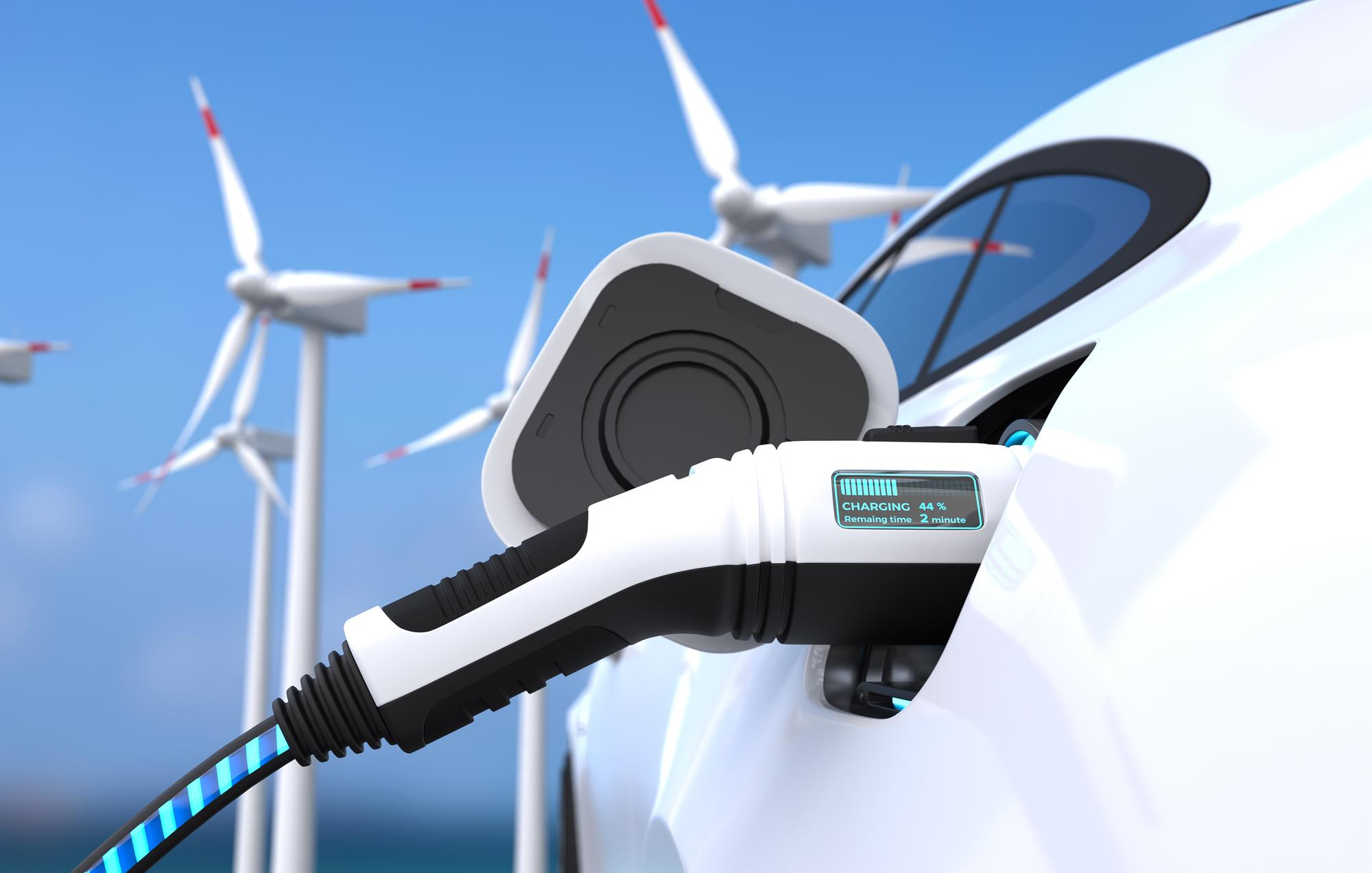Electric vehicles (EVs) play a pivotal role in reshaping the landscape of energy consumption and transportation, offering a pathway towards greater energy independence and sustainability. Let’s explore how EVs are contributing to the transition towards a more resilient and self-reliant energy future:
- Reduced Dependence on Fossil Fuels: By transitioning from gasoline-powered vehicles to electric cars, societies can reduce their reliance on fossil fuels such as oil and gas. This shift away from finite and environmentally damaging energy sources enhances energy security and reduces vulnerability to supply disruptions and price fluctuations in the global oil market.
- Integration with Renewable Energy: Electric vehicles have the unique ability to integrate with renewable energy sources such as solar and wind power, enabling cleaner and more sustainable transportation solutions. Through smart charging technologies and vehicle-to-grid (V2G) systems, EVs can store and utilize renewable energy, reducing greenhouse gas emissions and promoting the widespread adoption of clean energy technologies.
- Decentralized Energy Systems: The proliferation of electric vehicles contributes to the decentralization of energy systems, empowering individuals and communities to generate, store, and distribute their own renewable energy. By serving as mobile energy storage units, EV batteries can support grid stability, balance energy demand, and enhance resilience against power outages and natural disasters.
- Energy Efficiency and Optimization: Electric vehicles are inherently more energy-efficient than internal combustion engine vehicles, converting a higher percentage of energy from the battery into propulsion. This energy efficiency translates to reduced energy consumption and lower overall costs, making EVs a cost-effective and sustainable transportation solution for individuals, businesses, and governments.
- Innovation in Energy Storage: The widespread adoption of electric vehicles is driving innovation in energy storage technologies, spurring advancements in battery performance, longevity, and recyclability. From lithium-ion batteries to emerging technologies such as solid-state batteries and hydrogen fuel cells, ongoing research and development efforts aim to optimize energy storage solutions and accelerate the transition to a low-carbon energy future.
In summary, electric vehicles are catalysts for change in the energy landscape, offering a pathway towards greater energy independence, sustainability, and resilience. By embracing EVs and integrating them with renewable energy sources, societies can reduce their environmental footprint, enhance energy security, and build a more sustainable future for generations to come.

